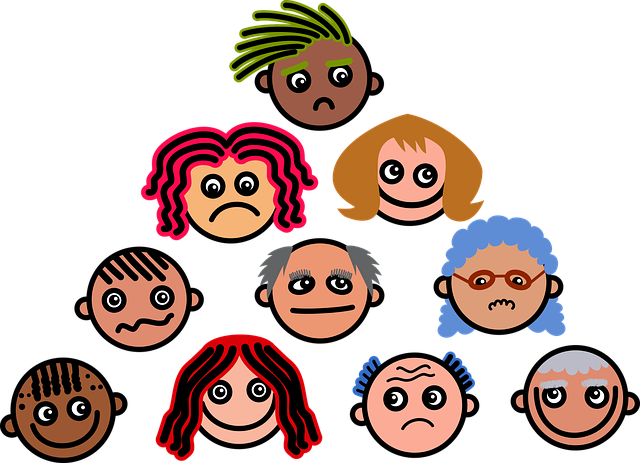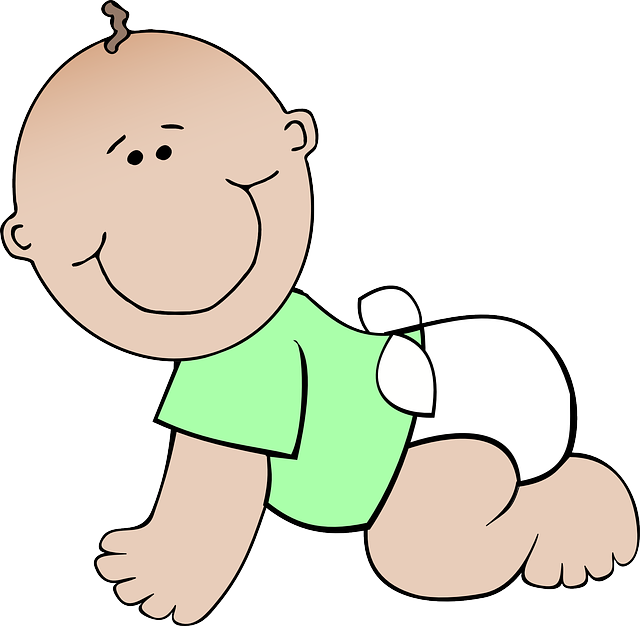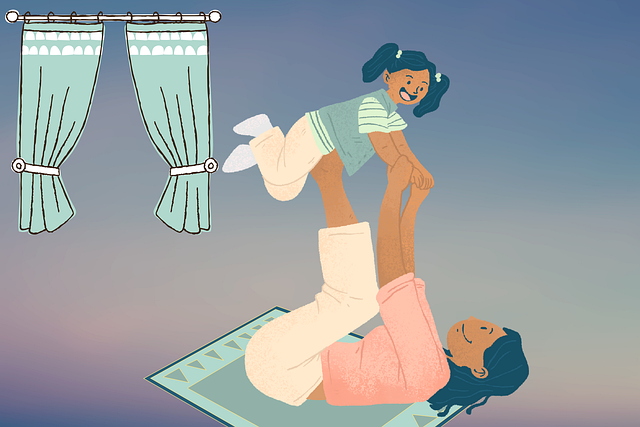
Debunking Common Misconceptions about Speech and Language Delays
Significant speech and language delays are directly related to developmental or medical issues. Sometimes people make assumptions about speech and language development or think that other factors are the reason for the delays: -Individual developmental variation: While there is variability in acquisition of speech and language milestones, don’t assume that delays in talking are the result of normal developmental differences between children. Research indicates that approximately 40-50% of children who are late to talk (who have typical skills in other areas) do not catch up on their own. While some children learn and use new words faster than others do, if your child is not saying their first words by 15 months, or can say fewer than 50 words by











